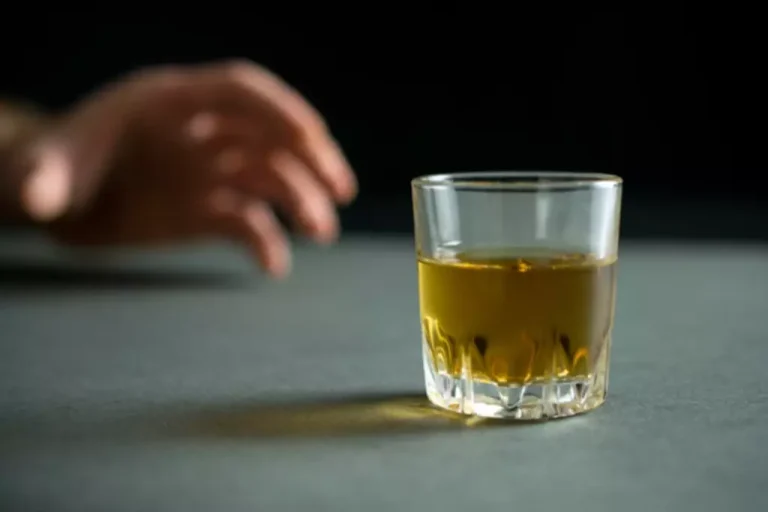
Your descent may also have to do with that because those belonging to Asian countries face more of such problems leading to nasal inflammation on drinking alcohol. The most common of these compounds are sulfites, which are typically highest in beer, brown liquor, and cider. Many people are familiar with common side effects of alcohol, including lowered inhibitions, euphoria (i.e., feeling “tipsy”), decreased coordination, and hangovers. However, alcohol can also have effects with which many people may not be familiar.

Why Does Red Wine Make Me Sneeze?

This is due to chemicals present in the taste buds that are activated by certain flavors or odors. Some of these chemicals can stimulate the production of histamines, which can lead to sneezing. To avoid this situation, it is important to drink wines with a flavor that does not cause an allergic reaction in the body.

Is alcohol-induced sneezing a sign of an alcohol allergy?
Additionally, it might be a good idea to drink the beer more slowly and not in one quick gulp. In recent times, sulfur dioxide and sulfites have been considered allergens, and concerns about their safety as food additives have increased. Sulfites can cause a range of dermatological, pulmonary, gastrointestinal, and cardiovascular symptoms. Asthmatics, for example, are at an increased risk of having a reaction to sulfite-containing food. If you have milder symptoms, you may have a food sensitivity or intolerance rather than a true allergy. This can still be uncomfortable but is not an immune system response and is less serious.
Final Thoughts on Why You Get a Stuffy Nose After Drinking
If any of this sounds familiar to you, you might be sensitive to one of wine’s many components. The good news is that once you identify the triggers, there are ways to reduce or even prevent these reactions, without having to ditch wine altogether. The symptoms of alcohol intolerance can include a stuffy or runny nose, skin flushing, red itchy skin bumps, and worsening Substance abuse of pre-existing asthma.

Can sneezing after drinking alcohol be inherited?
Drinking alcohol can also increase your risk of developing asthma or other respiratory conditions. People who drink red wine may be more prone to dehydration than those who don’t, as alcoholic drinks can increase the body’s need for fluids. Therefore, it is important to stay hydrated when drinking alcohol by having a glass of water between drinks and avoiding caffeine or carbonated beverages. It’s important to note that a Red Wine Allergy is not the same as an intolerance to red wine. An allergy occurs when something in the wine triggers an immune reaction, while an intolerance takes place when someone has difficulty digesting certain components of the beverage. As such, a person who is allergic to red wine should avoid it altogether and seek medical advice sneezing after drinking alcohol if symptoms persist.
Wine and other alcoholic beverages are generally not considered as potential allergens, so if you think you may have an allergy to wine, it is important to get a proper diagnosis. During the skin prick test, drops of wine are placed on the back of your forearm and the skin is pricked through the liquid. If you experience a localized reaction, such as redness or hives, then it can be concluded that an allergy to wine exists. Blood tests are also used to measure the presence of specific antibodies in your blood that may indicate an allergic reaction to wine. Incomplete absorption of alcohol by the body could be one reason why you get stuffy nose on drinking alcohol.
- This too, can trigger allergic reactions causing stuffy nose when you drink alcohol.
- Sneezing after drinking beer can be caused by a variety of factors, including alcohol intolerance, allergies, or sensitivity to specific ingredients in beer.
- Sulfites are sulfur compounds that occur naturally in the hops used to make beer.

Thanks for reading and we hope this post has helped to provide some clarity on the matter. Be sure to tell your doctor about any medications or supplements you are taking. If you have ever experienced swelling of the tongue or throat, or trouble breathing after drinking beer, it is advised to stop drinking beer until you have seen a doctor. Another reason why alcohol can cause wheezing is that it not only contains histamines but also stimulates the body to release excess histamines, causing an inflammatory response. When this inflammation occurs in the airway, patients can experience wheezing and shortness of breath.
Allergy to Specific Ingredients
- In contrast to sulfite intolerance, alcoholic hepatitis is a liver disease that occurs when the body cannot break down alcohol efficiently.
- Botrytis cinerea is a mold that causes noble rot in wine, which can also cause reactions in some people.
- If you find that certain drinks trigger your sneezing, try switching to a different type of alcohol.
- Some individuals may experience sneezing even after consuming small amounts.
- One theory suggests that alcohol-induced sneezing may be related to nasal congestion.
In some people, these reactions look like allergy symptoms even though they don’t have a true allergy to alcohol. Alcohol usually contains sulfite compounds, and it is important to be aware of your sensitivity. If you have ever felt nauseous or had a headache after drinking wine, there is a chance that https://ecosoberhouse.com/ you are sensitive to sulfites. It is essential to talk with your doctor if you think you may be sulfite sensitive.